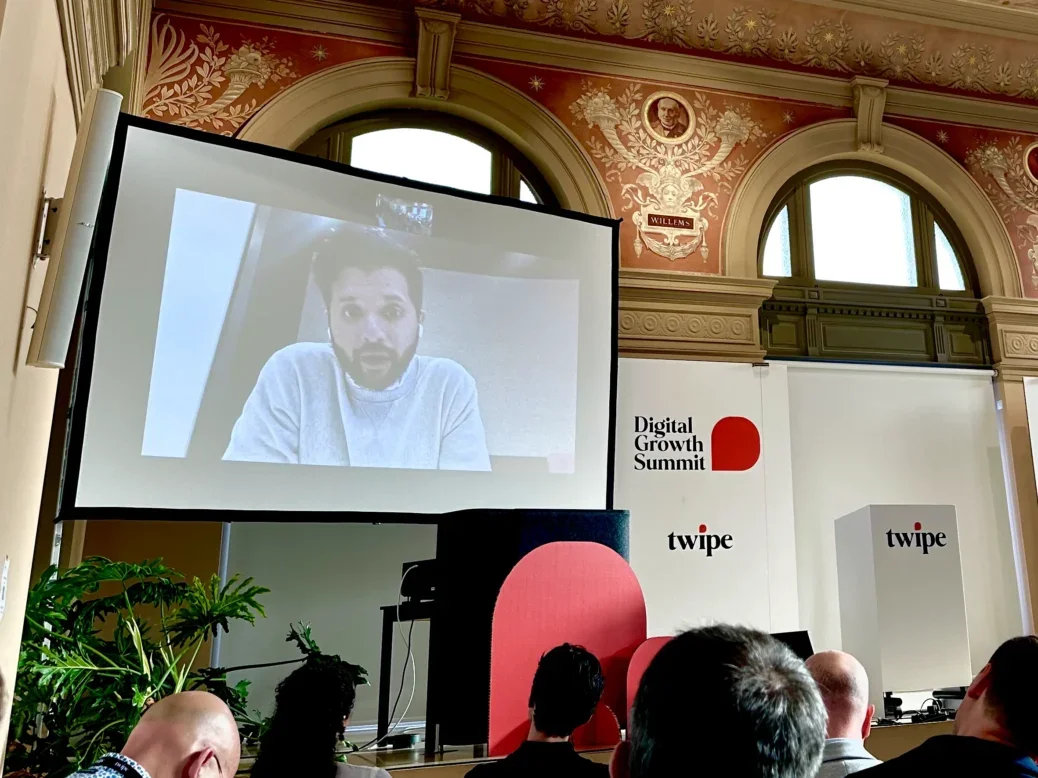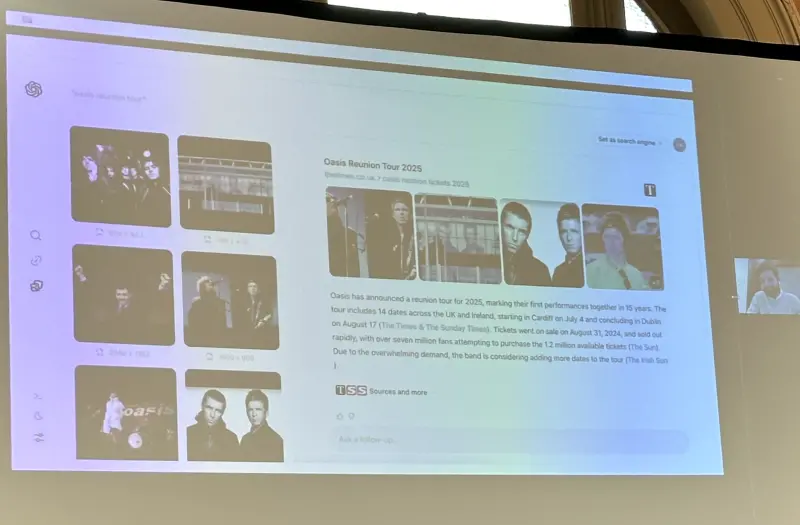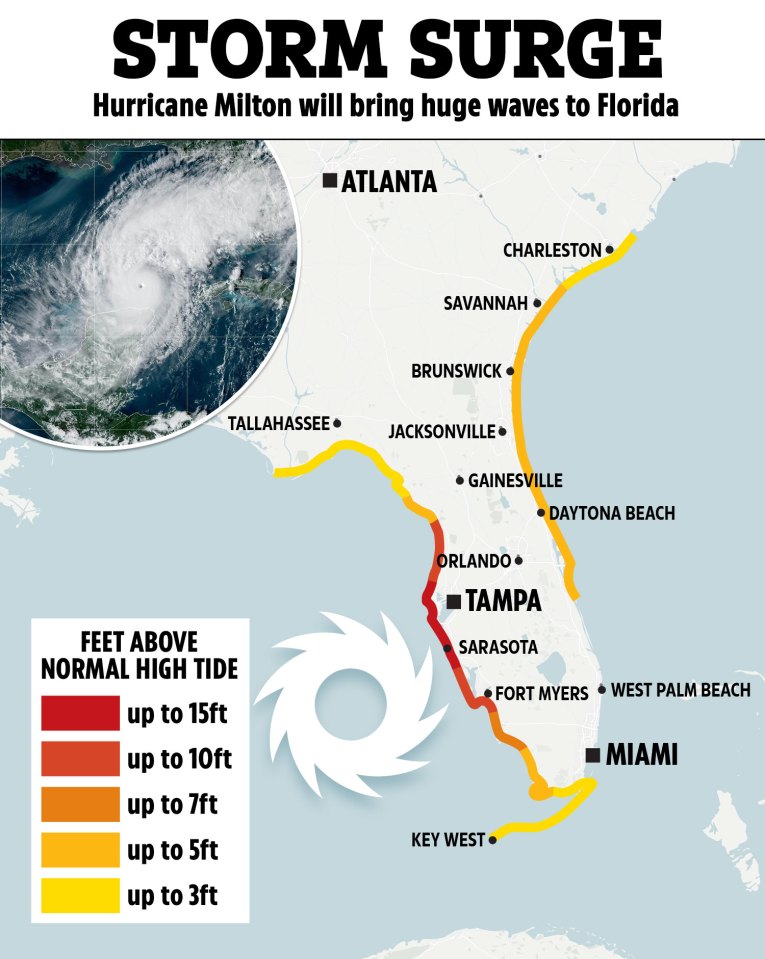Friends who live nearby and whose children attend the same school as ours have asked if we would consider a nanny share, as both of them have to be back in the office. We’re happy to share. Our children all get along well and our nanny, who will earn more caring for four children, has said she’s happy with the new arrangement. But how does this work in practice with pay, holiday and so on? We already have her payroll and pension set up as she’s worked with us for more than a year.

Kirsty Wild, a nanny employment and payroll expert from payroll services provider Nannytax.co.uk, says nanny shares are increasingly popular as parents look for ways to lower the cost of childcare while getting the kind of flexibility and at-home childcare that childminders and nurseries can’t provide. One nanny looks after the children of two families at the same time, sometimes at one family’s house or alternating between their homes, so there are social benefits for the kids, too.
Under this new arrangement, your nanny will now have two employers. You must pay her separately and at least the national minimum wage each. Nanny shares are typically a win-win arrangement for everyone involved. Typically, parents pay less per hour than they would for an exclusive nanny, while nannies can increase their earnings.
In the UK, nannies earn, on average, £15.51 per hour (gross), according to the latest Nannytax nanny salary index. That figure rises to £16.93 per hour in Greater London and the Home Counties and to £17.78 per hour in London. The minimum wage at the time of writing is £11.44 per hour for those over the age of 21. So, a nanny who cares for the children of two families will be paid at least £22.88 an hour before tax, while families can cut their childcare costs to minimum wage of £11.44.
Both of you will need employers’ liability insurance as well as separate employment contracts with the nanny and I suggest you take the time now to update your existing contract. This will be helpful if one family chooses to exit the arrangement before the other. The contract could specify a fair notice period of around four to six weeks to allow you to find another family to join the nanny share, and what the salary change would be if the nanny were to work with you exclusively again.
The contract should also make clear how your nanny’s annual leave is to be agreed. A fair way to work this out might be for each family to decide on one week and the nanny to decide when she takes the remainder of her leave.
As for the question of payroll, some families want to split the nanny’s tax code, which is entirely at her discretion. This makes it fairer as it prevents just one of you paying basic rate tax on all of the nanny’s earnings. However, if both families are paying a gross salary this won’t be necessary, so I would suggest you both decide on a gross rate of pay with the nanny, which also makes life easier for you when budgeting. If you use a nanny payroll provider they’ll sort all the PAYE admin for you.
Don’t forget that if you’re eligible, and your nanny is Ofsted-registered, you can both pay her through the tax-free childcare scheme.
Should I abandon my plans to move to Italy?
I have been a UK resident non-dom for 10 years and, in anticipation of the new tax rules, I am in the process of buying a house in Italy to retire to, but I understand there have been some tax changes there which may affect my plans. Should I reconsider my decision and stay in the UK?

Alice Pearson, a partner at accountants Mercer & Hole, says that in a surprise move announced on August 7, the Italian government announced that anyone transferring their residence to Italy after August 10 2024 would pay a higher annual flat rate of tax, which has doubled from €100,000 to €200,000.
This is an optional flat rate tax available to new Italian residents for the first 15 years of residence, as an alternative to paying tax on foreign-sourced income and certain capital gains.
If you were hoping to access this special tax regime when you retire to Italy, you will potentially face the increased annual charge. With this in mind, you will need to decide whether Italy continues to offer you a more favourable tax regime compared with the UK.
UK tax rules for non-doms are also changing from April 6 2025 and you may find yourself exposed to UK tax on your worldwide income and gains for the first time. However, whether or not you will be better off under the Italian tax system depends on the scale of your income and gains, even more so now that the annual flat rate has doubled.
The main concern for many UK non-doms is around exposure to inheritance tax (IHT). It has been proposed that individuals who have been UK-resident for at least 10 years will be subject to IHT on their worldwide estate and will remain exposed for 10 years after giving up their UK residence. This again makes Italy’s flat tax system very appealing, as it exempts foreign assets from IHT.
However, even if you were to move to Italy in the current tax year, it is still uncertain whether you will escape the 10-year rule. It is also not yet clear how this continued UK IHT exposure would interact with the UK/Italy estate double tax treaty.
You also need to consider what it is you need to do to break UK residence and whether that is possible with your lifestyle.
Our next question
I own a second home in Cornwall that I bought 25 years ago. I am aware there are likely to be changes in the October Budget that could significantly raise tax liabilities arising from the house. Before this happens, I plan to transfer half of the property to my adult son who already spends a few weeks there each year and to whom I was planning to leave the house. I would however like to continue to spend a few weeks there each year myself — will this cause any issues with HM Revenue & Customs? Does he also need to pay for the ongoing maintenance of the house for it to be valid?
The sudden change to the Italian flat tax is a stark reminder that the tax rules in any country could change at any time and you don’t want to jump from the frying pan and into the fire — particularly before the new UK tax rules have been confirmed.
It is important to focus on the reason behind your decision to make the move. After a full discussion regarding their wealth, their objectives for the family and their future, many are choosing to stay in the UK and manage their exposure. You too might find you don’t need to leave the UK at all to achieve the objectives and retirement you want.
With the speed of these changes to the Italian tax rules, it is important for those who are considering a move to take advice relating to their individual wealth and circumstances, especially as the Italian parliament could make further changes to the law which are still in provisional form.
The opinions in this column are intended for general information purposes only and should not be used as a substitute for professional advice. The Financial Times Ltd and the authors are not responsible for any direct or indirect result arising from any reliance placed on replies, including any loss, and exclude liability to the full extent.
Do you have a financial dilemma that you’d like FT Money’s team of professional experts to look into? Email your problem in confidence to money@ft.com.

















































































































































You must be logged in to post a comment Login